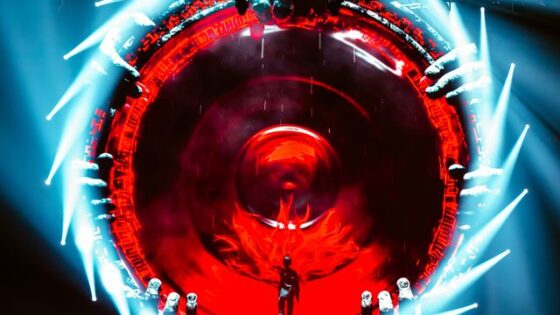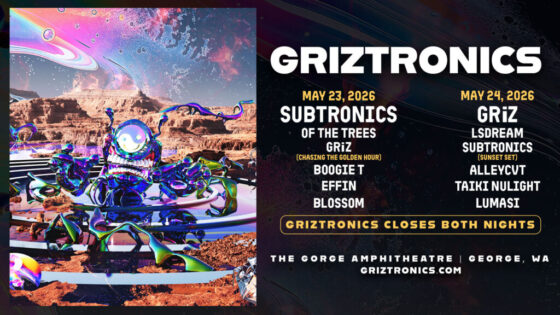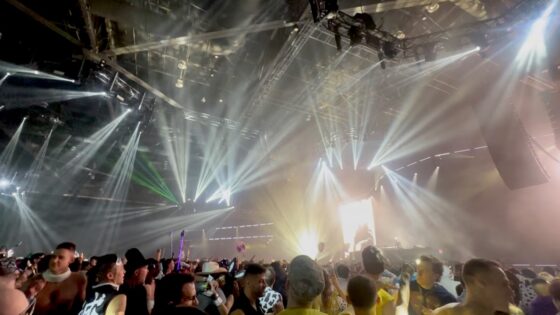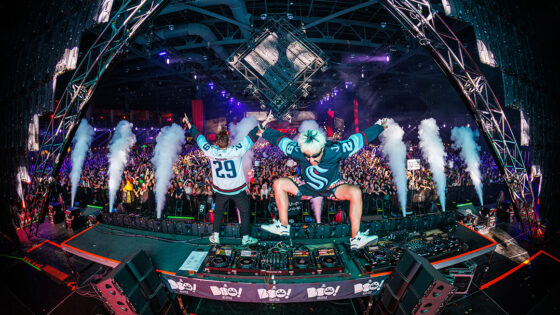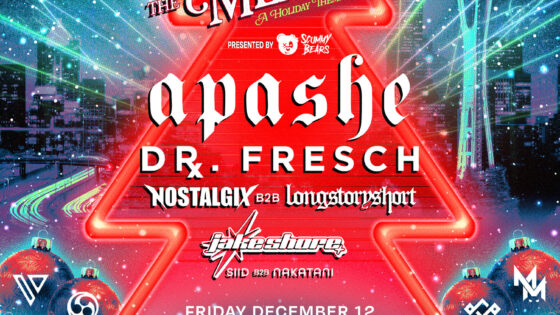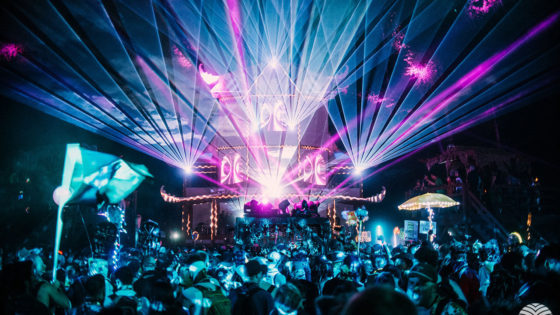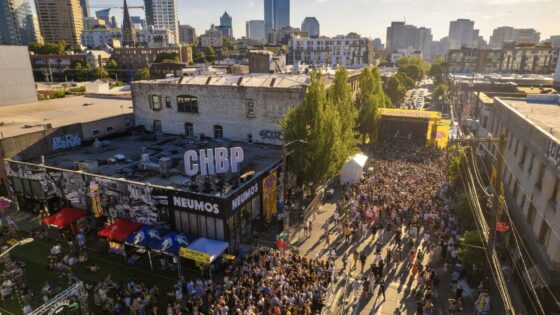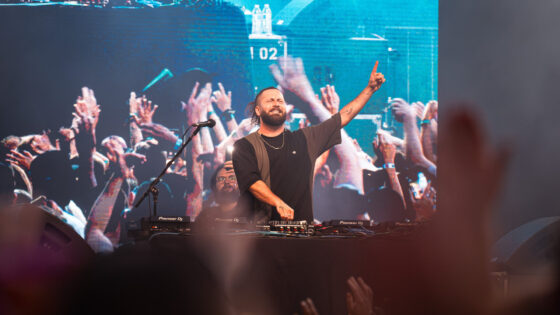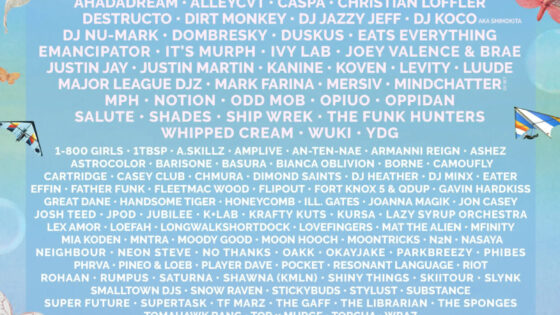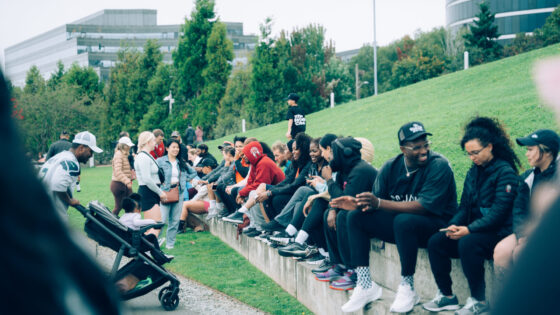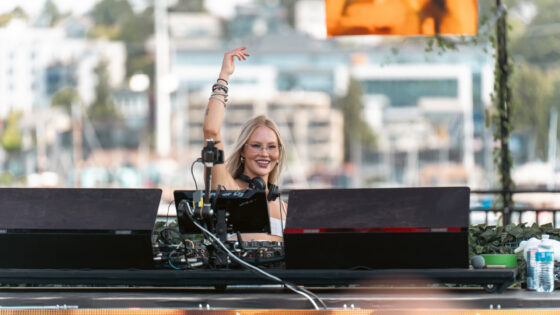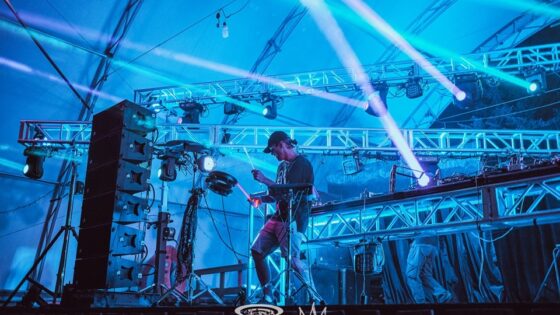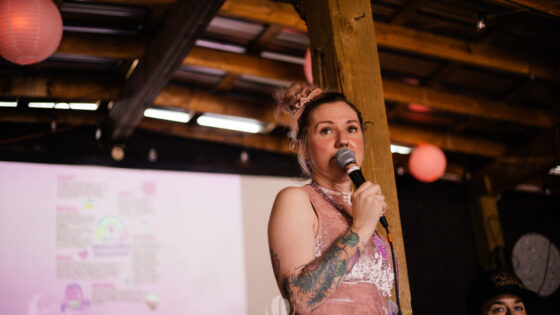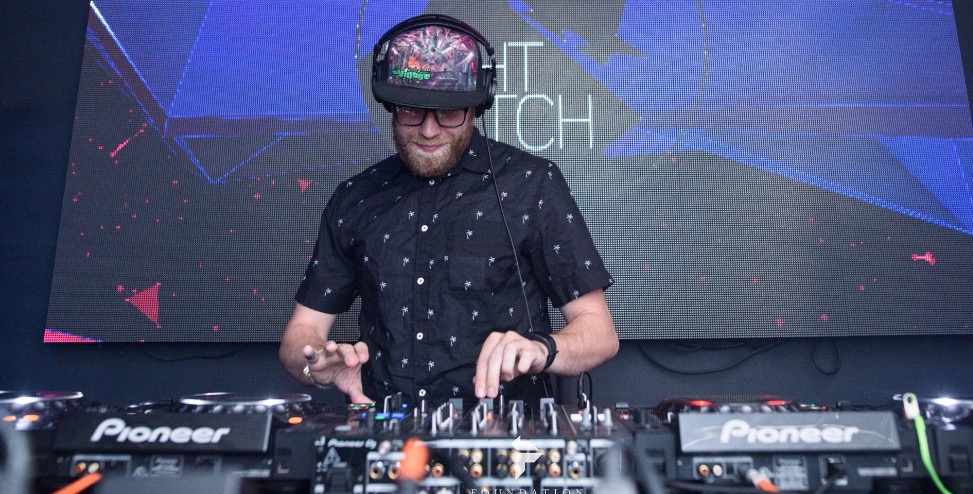If biopics and TV shows have taught us anything, it’s that there are essentially two possible outcomes when it comes to the music industry: “Making it,” or failing miserably, alienating all your friends, and pulling a sink out of a wall in a drug-fueled rage. The idea of “making it big” has persisted since we first started worshipping the cult of celebrity surrounding talented musicians, and it’s an ideal present in the mind of any artist just starting out.
But what’s not told to us in those dramatic “rise and fall” biopics, is the healthy middle ground that many artists achieve on a daily basis.
That’s largely the area local DJs function in, and it’s one that allows for an appealing balance of renown on a citywide scale, and a healthy career during the daytime hours. Here in the Northwest, we have everything from world famous super-artists like KJ Sawka, up-and-comers gaining national buzz in the mold of Super Square, Aaron Jackson, and Sharps, and incredibly talented local stalwarts like Dig-Dug, Bandit, Gene Lee, Johnny Monsoon, and tons more.
So where does that place a hack like me who’s still learning the craft and hunting down opening gigs? All the way at the bottom of the totem pole, and I wouldn’t have it any other way.
A steep-ass learning curve and a whole lot of pretending to know what I’m doing
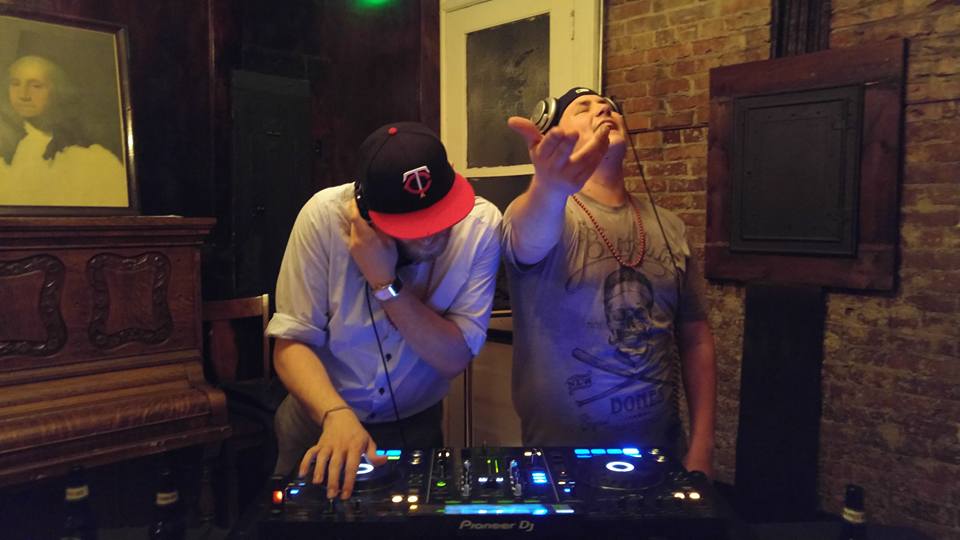
Our first gig was an adventure to say the very least
My journey began way back in May, when a buddy and I floated the idea of DJing together for a good friend’s birthday party. Sure, we’d literally never touched a CDJ in our lives, but I had a generously-gifted NuMark controller that I’d been practicing on, and between me and my partner-in-crime, we had just enough confidence to convince ourselves that we wouldn’t completely ruin the party. Ultimately, we called on another talented local and Trinity Nightclub regular, DEAF!N!T, for help, and so began our DJ education.
Day 1 was revelatory to say the least. Many (OK, all) of the basics were essentially brand new information, from how to cue up your tracks in Rekordbox, to proper beat-matching, and all the way down to the most rudimentary skills needed to string two tracks together in a way that didn’t sound like complete garbage.
Thankfully, our teacher was equal parts patient and helpful, and after about a week of cramming, we’d acquired enough of an understanding to be comfortable playing for an hour at a birthday party full of our friends. The show itself went about as well as could be expected: Both of us accidentally paused a track mid-song, half the transitions sounded like a rusty saw scraped over a pile of other equally rusty saws, and our friends were mercifully supportive enough to not mind.
The real learning begins
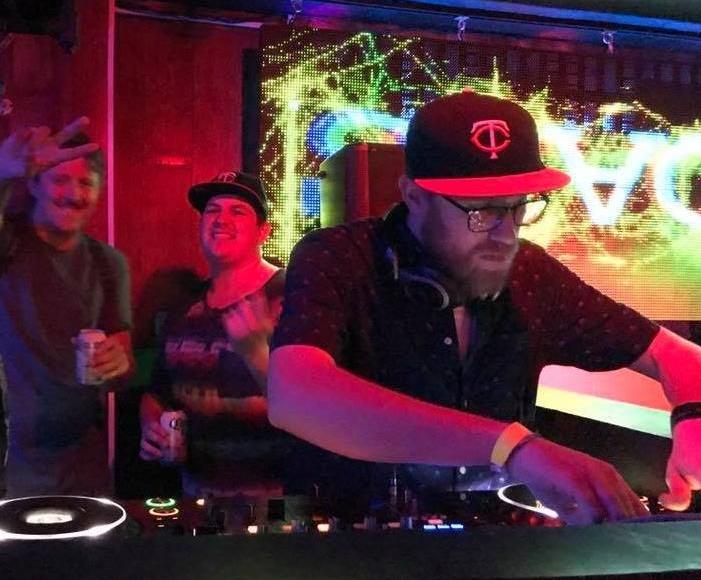
Our second ever gig came in the side room at STAGE’s local showcase night in June
Fresh off of the relative success that was the birthday party, we committed to actually taking the time to learn how do to do this, beyond the week of frantic cramming we’d managed before our debut. That meant twice-a-week sessions practicing on CDJs with DEAF!N!T, and learning a few basic tenets along the way, that have since become gospel:
- Don’t be a dick: Respect the people booking you, the DJs playing before and after you, and the time-slot you’ve been assigned to. No one wants to deal with your colossal DJ ego, and that goes double (if not triple) for anyone who’s just starting out.
- Come to your set prepared: Eventually, you’ll get to a place where you’ll have enough talent (and a large enough music library) to simply plug in your flash drive and ride the wave. Until you reach that point, it’s going to save you a whole lot of stress and embarrassment to organize your tracks beforehand in a way that’s intuitive and easy-to-navigate.
- Be open to criticism: The local scene here in Seattle is absolutely packed with talented veteran DJs. That said, if you’re new to the craft, reach out to those locals, ask them for feedback, and apply that criticism in a positive, impactful way. There’s so much they can teach you if you’re receptive, and you’ll be better off for it in the end.
- Get out of your comfort zone: Everyone wants to play bangers to a packed club at 1am. But unless you’re a generational talent, it’s going to take a good deal of grinding before you get to that point. Be open to expanding your musical repertoire to a variety of genres and time-slots, and prepare yourself for the possibility of playing to a few empty rooms along the way.
- Seriously, don’t be a dick: All it takes is one incident of assholery to find yourself completely 86’ed from every club in the city. The Seattle scene is a small one, and word travels fast if you develop a reputation for being more trouble than your worth. Support other locals, respect each other, and always be willing to learn.
So then what happened?
It’s been three months since that birthday party, and in that period, I’ve tried my best (to varying degrees of success) to absorb as much as humanly possible. I’ve been lucky enough to play ear-shaking dubstep at Stage, tropical house on a boat, opening slots at both Trinity and Foundation, a pair of intern parties at a SoDo warehouse, and Top-40 guilty pleasures at Barboza. The sum total was that each time out, I learned something new, whether it was something as small as smoothing out my transitions, or as difficult as understanding the importance of an opening set played to a room of 12 people.
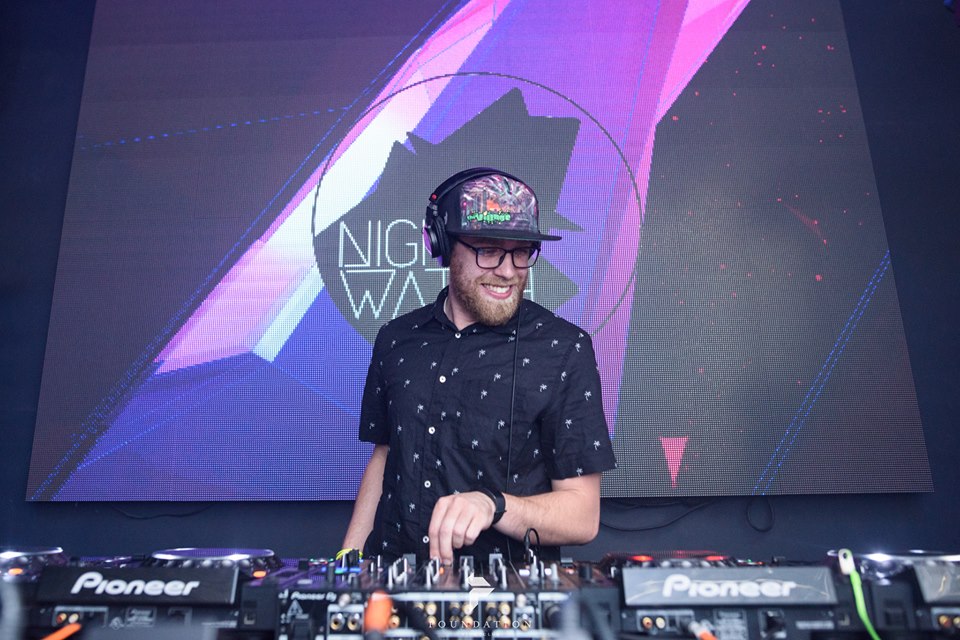
Photo Credit: Final Girl Photo
Ultimately, I know I’m not going to be headlining EDC or Ultra, and to be completely honest, that’s never been the goal of this whole experience. There’s nothing crazy about aspiring to “make it” on a smaller scale within your local scene, and in Seattle, that amounts to a whole city’s worth of opportunities.
I have no idea if I’ll still be doing this five, ten, or even fifteen years from now. But I also wouldn’t trade the experiences I’ve already had for anything. That said, if you take away anything from this, let it be this: If you want to learn how to play fun-ass music in front of your friends at a birthday party, know that while the DJ learning curve is steep, the pay-off is more than worth it in the end.
Special thanks to Glen for giving us our first ever gig, my DJ partner-in-crime Ted, our patient-as-hell sensei Kevin, the Rise Over Run crew at Trinity Nightclub, the awesome squad over at STAGE’s Bass Therapy, Foundation Nightclub for taking a chance on me for an opening slot, and all the talented local DJs and promoters grinding away every weekend.
Important things happen in Pacific Northwest nightlife, and DMNW will send you alerts!

